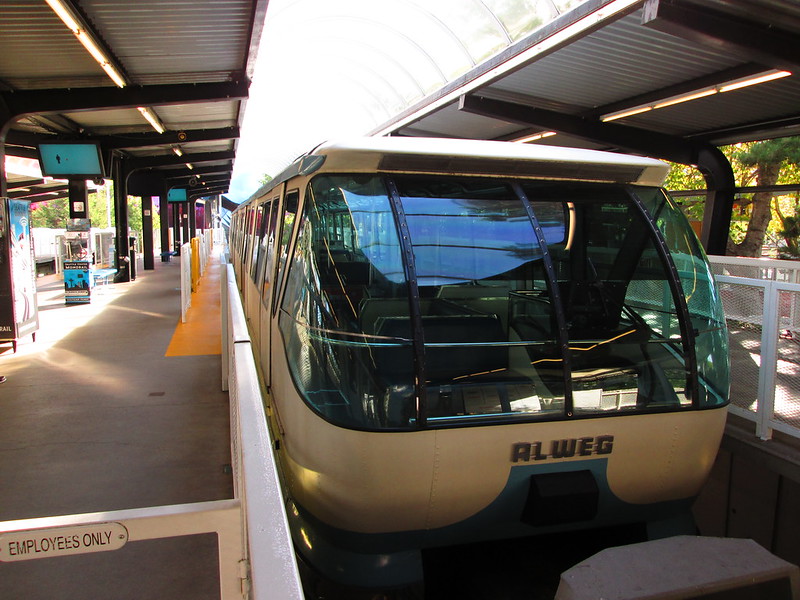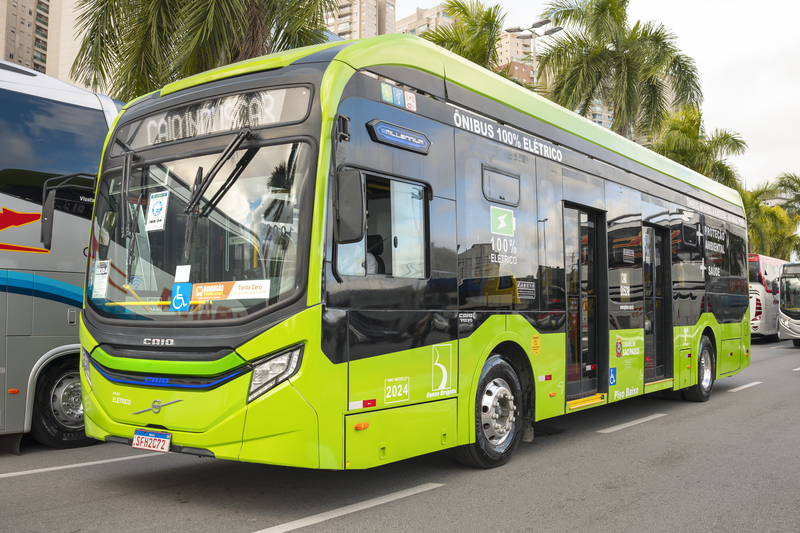
Photo: Stephen Rees (Flickr)
Seattle releases transport electrification blueprint
23 March 2021
by Christopher Carey
The City of Seattle has announced a transportation blueprint for the next two years that will provide incentives for public and private companies to electrify their vehicles, and aims to encourage more walking, biking and transit ridership. The plan will also potentially introduce fees on driving in certain parts of the city to reduce congestion.
Under the Clean Transportation Electrification Blueprint, all ride-hailing trips would be electric and emissions-free by 2030; almost one-third of deliveries would be made with vehicles that don’t emit carbon; a ‘major area’ of Seattle would be restricted to most cars; and charging stations would be readily available throughout the city.
The city also wants 90 percent of all ‘personal trips’ to be zero-emission – that is, taken by walking, biking, electric transit or in an electric vehicle – by the end of the decade to reach its 2030 climate goals.
“Right now, as our city and residents recover from the COVID-19 pandemic, we have the opportunity to build our city back better to prioritise our residents’ health, safety, and quality of life.
“While the city is committed to reducing car trips, these efforts alone are not enough to meet our climate goals – we must electrify everything that moves people, goods, and services in and around Seattle. By banning natural gas in buildings and electrifying our transportation system, Seattle can lead the nation in reducing our emissions and addressing climate change,” said Seattle Mayor Jenny Durkan.
Funding
The city’s blueprint does not provide cost estimates or plans for how to fund the schemes however, with specific proposals expected by the end of this year.
Last spring, Mayor Durkan directed the Seattle Department of Transportation (SDOT) to evaluate the feasibility of introducing a congestion charge in the downtown area.
In its study, SDOT looked at congestion pricing programmes already in place in London, Milan, Singapore, Stockholm and Gothenburg.
While identifying benefits, the report raised questions on the introduction of congestion charging, saying that “without a clear focus on social and racial equity, pricing can burden low-income people with new costs”.
Public engagement
In creating the blueprint, the City of Seattle consulted its Environmental Justice Committee and community leaders to ensure the plan centered on ‘community-identified priorities’ of expanding electric transit and mobility options, making charging and vehicles more reliable and accessible, and connecting workforce opportunities to communities who need them the most.
Even during the coronavirus pandemic, which has seen public transport ridership plummet, Seattle voters have supported expanding services, approving a sales-tax measure last November that added more frequent bus services, shuttle vans and free student transit fares.
The city also closed more than 32 kilometres of residential streets to most vehicle traffic to provide more space for walking and biking.
Image: Stephen Rees (Flickr)












